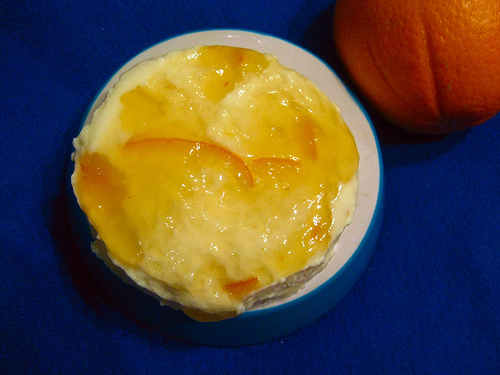A combination of things have got me thinking. The New Year. My little sister being here with me, sitting on the couch wrapped up in a duvet and listening to Billy Joel in a practically perfect image of what I looked like at 18, but with better hair (of course she’s 19, but that’s neither here nor there). Maybe it’s the fact that she’s so excited about being here. Maybe it’s the fact that I just got back to Paris after a bit more than a week at home. Whatever the reason, I’ve been thinking about the things I’ve learned since I moved here, what seems like many, many moons ago.
Some things are not so much learned as acquired: habits that I don’t notice until I go back home. One doesn’t eat on the street. Dinner is at eight. When baguette is stale, it becomes French toast.
Other things are definitely learned, like the proper way to use different expressions, who to bise and when and how many times, and what time to show up at someone’s house when you hope to be offered a libation. (11:30 and 6:30 for apéro; 4pm for coffee) The more things I learn, the more integrated I feel, the more justified in claiming Paris as my home.
But it’s harder than you’d think. Perhaps that’s what’s most surprising. No matter how long I stay, there’s this strange feeling of not belonging pretty much all the time. I think I figured out a part of it at the New Year’s party I attended last night, long after my sister — who valorously made it until midnight after our plane, train and automobile journey from New York to rural France — had gone to bed.
Everything is different.
I don’t know how those who move to a truly different country deal with it, because on the surface, France seems relatively similar to the States. But everything, from the way that people interact with one another to the patterns of their days, is different. My sister noticed a few things last night: the willingness with which the boys dance with one another, much closer than any straight American males would ever want to be. The way that cocktail hour is a lengthy marathon as opposed to a sprint to the drunkest. The way that babies and adults — smoking, drinking and dancing — can coexist well into the night.
As I sat amongst these people, people I’ve come to consider my friends over the past few years, I realized how alone I felt without the shield of my American sister. I doubt I would feel any more integrated with Americans, but one thing is for sure: six years has yet to make a Française of me.
Which leads me to the cheesecake: when I say that everything is different, it of course stretches to food. Which means that things like chocolate chip cookies and cinnamon apple pie and cheesecake — things that I believed to be crowd-pleasers — may actually be the last things left standing on the dessert table. Luckily, I have an American in the house now… the possibilities will be endless.
Cheesecake with Bitter Orange Marmalade
makes 3 individually-sized cheesecakes
200 g. (7 ounces) cream cheese
2 Tbsp. Sugar
1 egg
¼ cup sour cream
5 Tbsp. bitter orange marmalade, separated
the juice of one orange
Preheat the oven to 250 degrees F. Bring a pot of water to a simmer.
Combine the cream cheese, sugar, egg, sour cream, 2 Tbsp. Of the marmalade and the orange juice in a bowl. Whisk until creamy and smooth.
Spread a tablespoon of marmalade into the bottom of each of three small ramekins. Divide the cheesecake batter amongst the ramekins.
Place the ramekins in a baking dish and pour the simmering water around them, being careful not to get any water into the ramekins themselves. Bake for 30 minutes, then turn off the oven and allow the cheesecakes to cool in the warm oven for about an hour.
When ready to serve, run a knife along the edge of the cheesecake and place a plate over the top of the ramekin. Turn the ramekin over and tap the bottom a few times with a knife. Wait 2-3 minutes before gently removing the ramekin, shaking it a bit if needed to let the cheesecake come loose in one piece.




